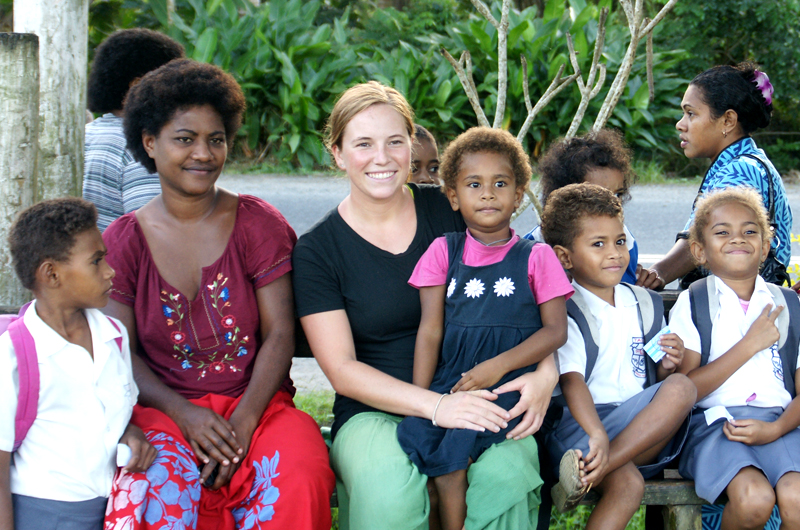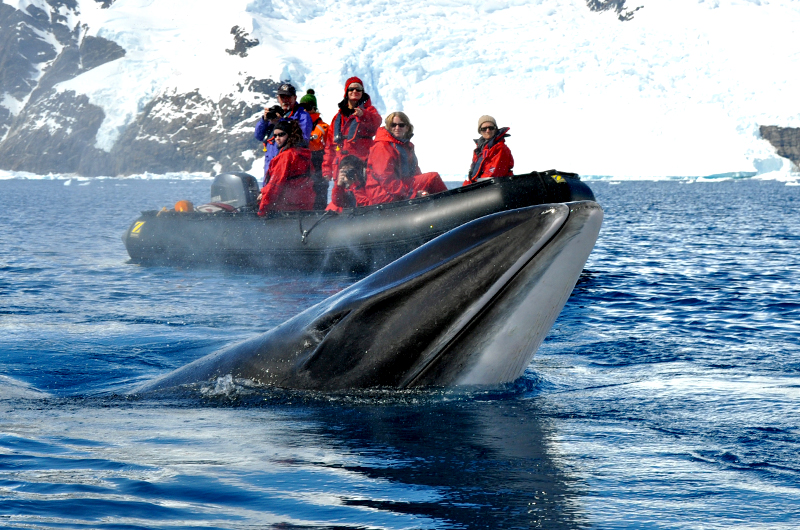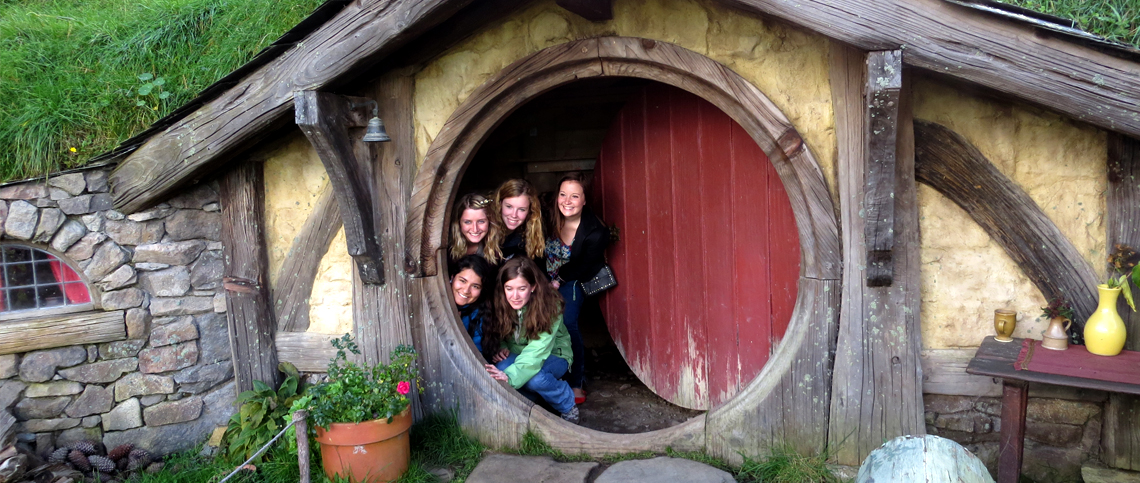
Student on the Hobbiton set – Matamata, New Zealand
What to expect
You’ve probably heard that studying abroad is fun, a great way to meet new friends, and even life-changing. These are all likely to come true, but the most important thing you can do to stay safe and healthy and ensure a personally and academically successful experience and is to begin the journey with appropriate expectations.
- You will be very busy. AUIP programs typically travel frequently and the itineraries are packed with experiential learning components alongside academic work. Expect to use the limited free time for rest, laundry, and course assignments, so that you have enough energy for the duration of the experience. Note that you will especially need rest at the start of the program as you adjust from the jet lag.
- Things will be different. A huge part of the experience of being away and in a different country and culture are the differences you encounter, starting with the spelling differences on your program itinerary and continuing on site with differences in currency, power plugs, store opening hours, cuisine choices, public health protocols, and much more. Remain flexible; avoid the temptation to become frustrated by the differences, and instead talk to locals to learn about the reasons behind the differences and how to adapt.
- You will be in a group. On AUIP programs, you will be traveling with a group and sharing buses, dorm-style or multi-share rooms, bathrooms, study space, kitchens, and even during free time you will use a buddy system to avoid going anywhere alone. It is essential to be considerate and to keep up good hygiene practices and daily health self-checks to stay safe. Face coverings and social distancing may be required in addition to regular handwashing and use of hand sanitizer.
Studying abroad with AUIP was an amazing experience that I would recommend to anyone who is open-minded and ready for adventure.
Jillian Lotiti, University of Florida (alumnus of course in Australia)
Be responsible
As your AUIP study abroad program approaches, you have a wealth of resources available to help you prepare to travel and stay safe while abroad. However, it is your responsibility to pay close attention to all program orientations, respond promptly to all pre-departure communications, and review resources provided. You will also have a major impact on your own health and safety while abroad through your own day-to-day choices and behaviors. It is important to not only read, but also follow, all of the tips and information you receive related to health, safety, behavior, and emergency planning.
- Read all pre-departure materials. In addition to resources provided by your home university, AUIP also provides a detailed Program Handbook (see Pre-departure section) that includes a range of tips related to your health and safety while studying abroad. Read this well in advance of your program.
- Get vaccinated. Consistent with the public health advice in our region, AUIP believes that vaccination is the best way for our students and our communities to stay safe and requires all program participants to be fully vaccinated at least 21 days in advance of the program.
- Disclose and communicate about any disability, medical, or other special needs. Any student with a disability (including learning disabilities) who needs an accommodation or other assistance in a course must inform their study abroad program contact at their home university as soon as possible and follow all protocols with their institution’s disability services office. AUIP will make every effort to arrange reasonable accommodations, but cannot guarantee that all needs can be accommodated. The programs typically travel to remote areas and involve activities that require moderate exercise, such as hiking and snorkeling, though participation in some of these activities is optional. In general, the more information that students provide regarding a disability, medical, and dietary needs, the better AUIP can assist and can advise on what is reasonable to expect on site. Similarly, the more openly students communicate with their faculty about their concerns (e.g. swimming ability or dietary intolerances), the better their faculty leader will be able to assist during a program.
- Follow travel tips to stay safe. Behave maturely. While studying abroad, you are an ambassador of your home institution and country and are required to obey university and AUIP policies as well as local laws. Be sure you understand and comply with the terms of participation, codes of conduct, emergency procedures of the program, and host-country legislation.
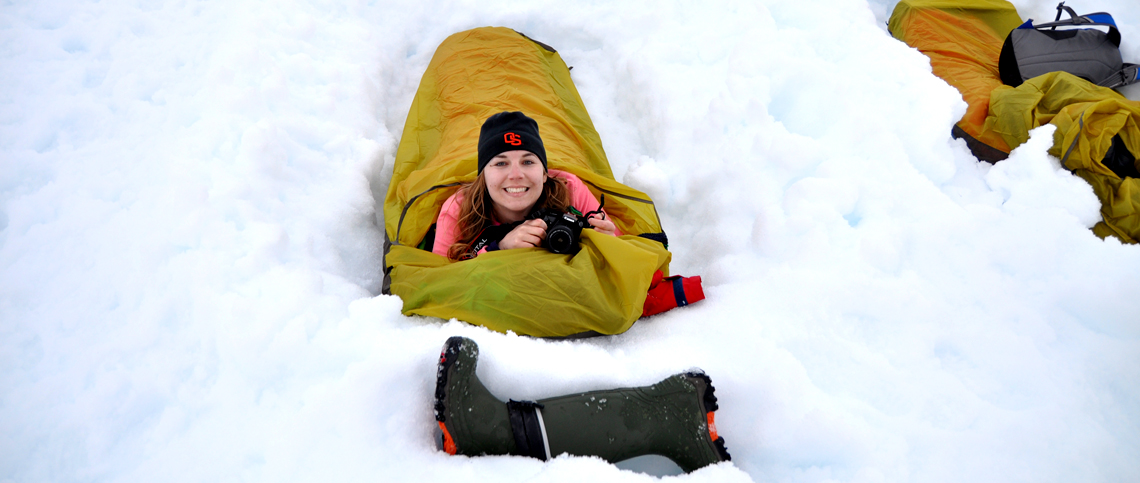
Students camping on ice – Antarctica
Travel health tips
The intensity and exposure of traveling abroad may affect your health, but you will want to do whatever you can to prevent illness or accidents from impacting the success and enjoyment of your program. Including the AUIP Program Handbook, there are resources available with health tips, many of which you will have heard before, but when traveling they become more important than ever. Keep in mind that traveling may give you a false sense of security, when in fact you are inherently more vulnerable as a foreigner. Here are just a few tips to stay safe:
- Get plenty of rest. The time difference is significant when traveling to the South Pacific, but you can counteract jet lag by getting plenty of rest, eating healthy food, staying hydrated, avoiding caffeine and alcohol, getting moderate exercise, and wearing comfortable clothing.
- Wear and reapply sunscreen. Due to atmospheric differences and a thinner ozone layer, burn times in the Southern hemisphere are far, far shorter.
- Continue daily health self-checks. As you may be doing on your home campus, conduct daily health checks while abroad, including measuring body temperature and remaining vigilant for common COVID-19 symptoms. You may need to get a COVID-19 test and isolate if you experience symptoms.
- Follow local public health protocols. In addition to university requirements and best practices, you will also need to follow any local public health requirements, which may include wearing face coverings, physical distancing, contact tracing, and showing proof of vaccination.
- Look both ways when crossing the street. Vehicles travel on the left-hand side of the road in Australia, Fiji, and New Zealand, which can be disorienting to even the most savvy traveler as instincts can take years to adapt.
- Keep up on the news. It is important to be aware of your surroundings, and one aspect of this is paying attention to local news and weather forecasts.
Resources
AUIP is committed to diversity, and we want students of all backgrounds to have access to, feel welcome, and to stay safe while studying abroad in the South Pacific. However, you may have some specific questions about what to expect during the experience based on your own background or identity. If you have any concerns about what studying abroad means for you, we encourage you to meet with your faculty leader or a study abroad advisor at your home institution. You might ask about if others of a similar background or identity will be studying abroad on the same program, if there are study abroad alumni who might be willing to share their experience, or if they can connect you with resources to learn more about the cultural norms of the host country.
Here are some resources that you also might find helpful:
Persons of color
- Diversity Abroad, including destination guides
Women
LGBTQ+
- US State Department LGBTI information
- The International Lesbian, Gay, Bisexual, Trans and Intersex Association with country-specific information
- LGBT rights around the world
Differently-abled travelers
In an emergency
In the event of an emergency that requires the support of local emergency services (ambulance, fire, police), please immediately call for assistance. Local emergency numbers and country-specific contacts can be found here and on your AUIP Emergency Card. Stay safe while you wait.
In response to an emergency situation, your first point of contact is your faculty leader. The group cell number for your leader is also on your AUIP Emergency Card.
AUIP is also on call 24/7 for emergencies throughout your program. For contact information, click here.
STUDENTS
Transform your classroom
Dare to leave your comfort zone and embark on a South Pacific academic adventure with one of our partner university programs.
AUIP DESTINATIONS:
NEW ZEALAND
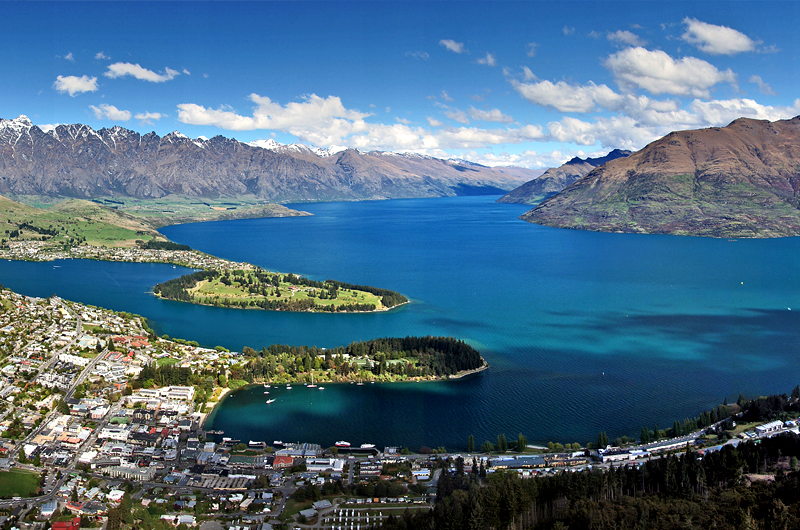
An isolated island nation in its evolutionary infancy, New Zealand is the most recently inhabited country in the world
AUSTRALIA

Australia is one of the most diverse countries on Earth, both in terms of its landscapes and its multicultural population

